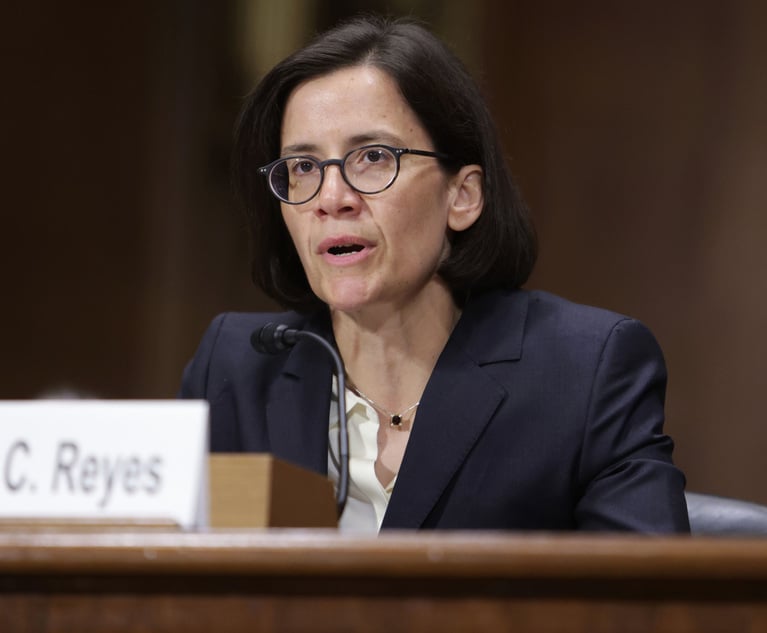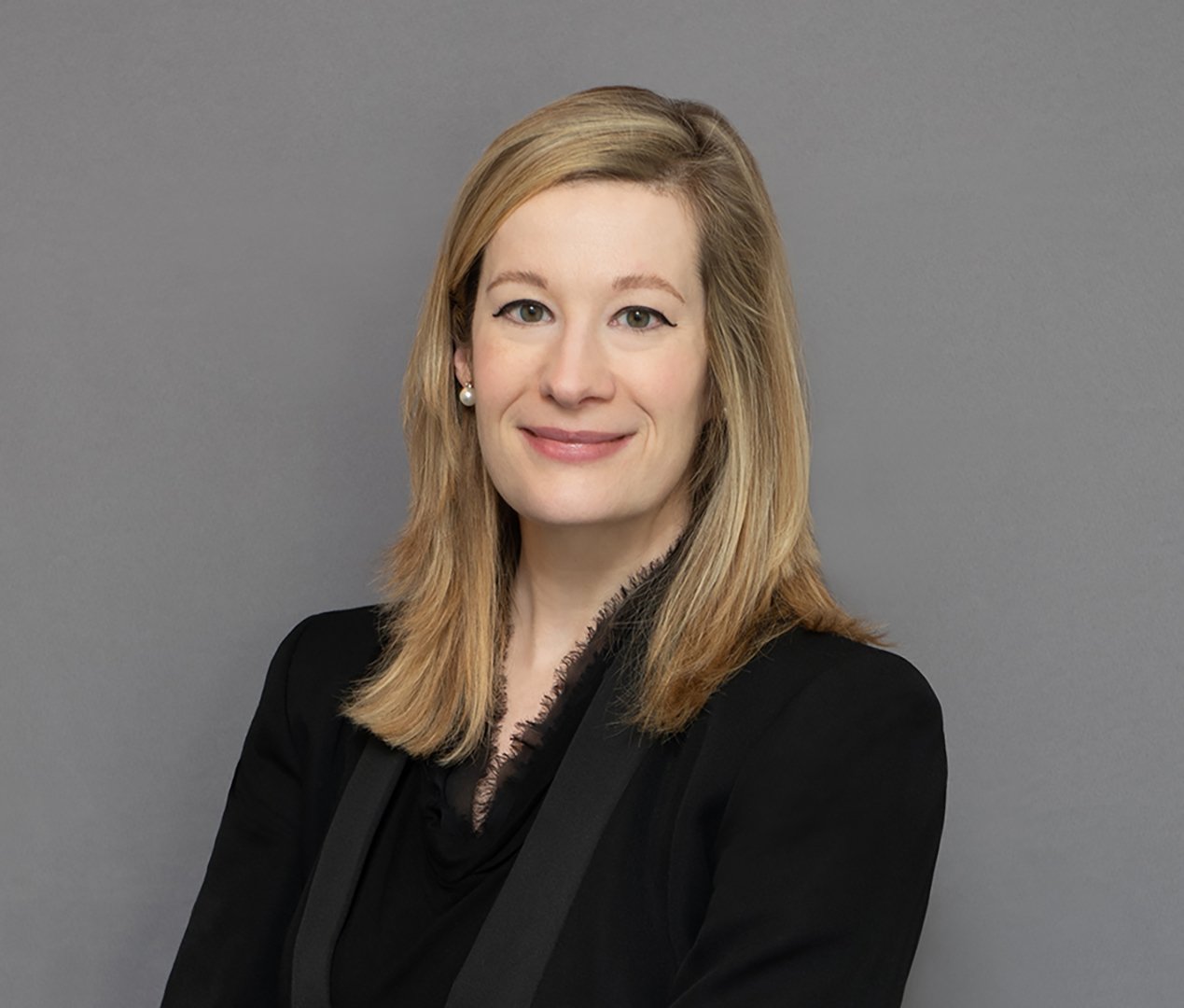Legal Hiring Data Finds Disadvantage for DC Law Grads
Of law schools within the District of Columbia, only Georgetown University Law Center beat the national average for graduates landing full-time, long-term employment jobs requiring bar passage or aided by a law degree.
May 11, 2018 at 03:32 PM
3 minute read
 Photo Credit: Shutterstock
Photo Credit: Shutterstock Law students graduating from schools inside the District of Columbia underperformed compared to the national average for landing full-time, long-term employment in a job requiring bar passage or aided by a law degree within 10 months of graduation, according to American Bar Association data.
Nationwide, 75.3 percent of 2017 graduates found such employment 10 months after graduation, according to law school employment statistics released by the ABA last month.
In Washington, only Georgetown University Law Center exceeded that threshold, with nearly 77 percent of its graduates finding full-time, long-term jobs requiring bar passage or aided by a law degree.
(George Mason University's Antonin Scalia Law School, located outside the District in northern Virginia, also performed better than the national average, with nearly 78 percent of its 2017 graduates' finding jobs that met the same criteria.)
Nearly 70 percent of the George Washington University Law School's 2017 graduates found such employment, as did a little more than 63 percent of Howard University School of Law graduates. For graduates of Catholic University of America Columbus School of Law and American University Washington College of Law the figures were about 55 percent and 53 percent, respectively.
“There's a definite need for students to be more creative” in order to secure good jobs, said Tonya Gaskins, director of career and professional development for Catholic University's law school.
Gaskins said the market is much more competitive than when she received her law degree from Catholic University in 2003, especially after the economic recession of the last decade put a crimp in the Big Law employment pipeline for freshly minted graduates.
At the same time, last year's federal government hiring freeze temporarily blocked a key early career path for recent Washington grads, likely directing some back to seeking law firm jobs.
More than 40 percent of Georgetown Law's graduates last year joined one of the nation's 100 largest firms in terms of head count, according to ALM data. Nearly 18 percent of GW Law grads found jobs at one of the 100 largest firms, according to the same data.
Meanwhile, cutthroat competition for jobs may be one factor in what American Bar Association president Hilarie Bass has described as an alarming trend of law students who are overwhelmed. Bass told attendees of the National Legal Malpractice Conference in Washington last month that she was concerned about data showing poor wellness among students, warning that the legal profession was about to “face a tsunami of really, highly competitive but really pressured young people about to enter the economy.”
Not that the outlook is completely gloomy.
With the hiring freeze in the federal government lifted, some of the burden on recent D.C. graduates could become lighter. GW Law's director of employment outreach, Katherine White, told The National Law Journal earlier this year that a growing number of students are pursuing careers at consulting firms, financial institutions and corporations that typically recruit graduates from business schools.
And, Gaskins noted, Washington is a hub for each of those kinds of jobs.
“No matter what you want to do, it's here,” she said.
This content has been archived. It is available through our partners, LexisNexis® and Bloomberg Law.
To view this content, please continue to their sites.
Not a Lexis Subscriber?
Subscribe Now
Not a Bloomberg Law Subscriber?
Subscribe Now
NOT FOR REPRINT
© 2025 ALM Global, LLC, All Rights Reserved. Request academic re-use from www.copyright.com. All other uses, submit a request to [email protected]. For more information visit Asset & Logo Licensing.
You Might Like
View All
Justice 'Weaponization Working Group' Will Examine Officials Who Investigated Trump, US AG Bondi Says

Lawyers Across Political Spectrum Launch Public Interest Team to Litigate Against Antisemitism
4 minute read
Federal Judge Warns of 'Serious Sanctions' on FDIC Over Document Retention
3 minute read
Supreme Court Denies Trump's Request to Pause Pending Environmental Cases
Trending Stories
- 1States Accuse Trump of Thwarting Court's Funding Restoration Order
- 2Microsoft Becomes Latest Tech Company to Face Claims of Stealing Marketing Commissions From Influencers
- 3Coral Gables Attorney Busted for Stalking Lawyer
- 4Trump's DOJ Delays Releasing Jan. 6 FBI Agents List Under Consent Order
- 5Securities Report Says That 2024 Settlements Passed a Total of $5.2B
Who Got The Work
J. Brugh Lower of Gibbons has entered an appearance for industrial equipment supplier Devco Corporation in a pending trademark infringement lawsuit. The suit, accusing the defendant of selling knock-off Graco products, was filed Dec. 18 in New Jersey District Court by Rivkin Radler on behalf of Graco Inc. and Graco Minnesota. The case, assigned to U.S. District Judge Zahid N. Quraishi, is 3:24-cv-11294, Graco Inc. et al v. Devco Corporation.
Who Got The Work
Rebecca Maller-Stein and Kent A. Yalowitz of Arnold & Porter Kaye Scholer have entered their appearances for Hanaco Venture Capital and its executives, Lior Prosor and David Frankel, in a pending securities lawsuit. The action, filed on Dec. 24 in New York Southern District Court by Zell, Aron & Co. on behalf of Goldeneye Advisors, accuses the defendants of negligently and fraudulently managing the plaintiff's $1 million investment. The case, assigned to U.S. District Judge Vernon S. Broderick, is 1:24-cv-09918, Goldeneye Advisors, LLC v. Hanaco Venture Capital, Ltd. et al.
Who Got The Work
Attorneys from A&O Shearman has stepped in as defense counsel for Toronto-Dominion Bank and other defendants in a pending securities class action. The suit, filed Dec. 11 in New York Southern District Court by Bleichmar Fonti & Auld, accuses the defendants of concealing the bank's 'pervasive' deficiencies in regards to its compliance with the Bank Secrecy Act and the quality of its anti-money laundering controls. The case, assigned to U.S. District Judge Arun Subramanian, is 1:24-cv-09445, Gonzalez v. The Toronto-Dominion Bank et al.
Who Got The Work
Crown Castle International, a Pennsylvania company providing shared communications infrastructure, has turned to Luke D. Wolf of Gordon Rees Scully Mansukhani to fend off a pending breach-of-contract lawsuit. The court action, filed Nov. 25 in Michigan Eastern District Court by Hooper Hathaway PC on behalf of The Town Residences LLC, accuses Crown Castle of failing to transfer approximately $30,000 in utility payments from T-Mobile in breach of a roof-top lease and assignment agreement. The case, assigned to U.S. District Judge Susan K. Declercq, is 2:24-cv-13131, The Town Residences LLC v. T-Mobile US, Inc. et al.
Who Got The Work
Wilfred P. Coronato and Daniel M. Schwartz of McCarter & English have stepped in as defense counsel to Electrolux Home Products Inc. in a pending product liability lawsuit. The court action, filed Nov. 26 in New York Eastern District Court by Poulos Lopiccolo PC and Nagel Rice LLP on behalf of David Stern, alleges that the defendant's refrigerators’ drawers and shelving repeatedly break and fall apart within months after purchase. The case, assigned to U.S. District Judge Joan M. Azrack, is 2:24-cv-08204, Stern v. Electrolux Home Products, Inc.
Featured Firms
Law Offices of Gary Martin Hays & Associates, P.C.
(470) 294-1674
Law Offices of Mark E. Salomone
(857) 444-6468
Smith & Hassler
(713) 739-1250








